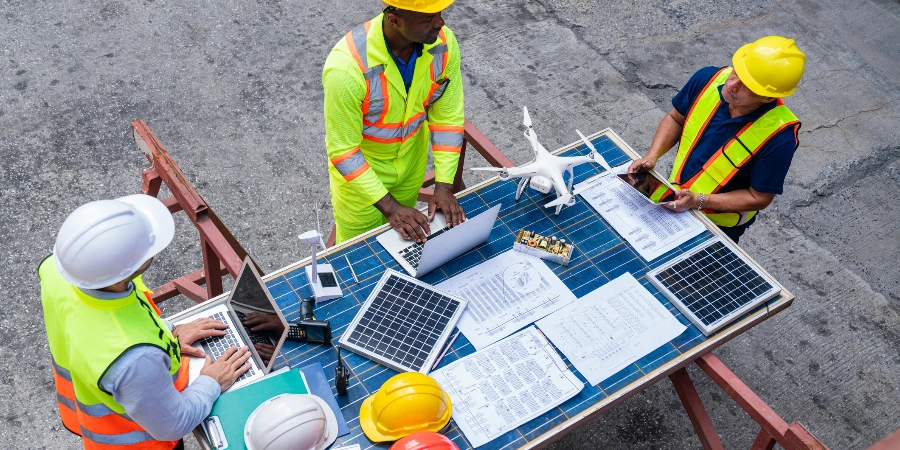The rise of solar energy has had many people asking: ‘Is solar energy worth it?’ As our green energy revolution continues, more people are opting to use solar panels in their houses. But should you follow their lead? That is a question we hope to answer in this article. We’ll be focusing on the benefits of solar panels, the costs involved for you, plus the effect it has on the environment – in other words, everything you need to know about solar energy. So, here’s your complete guide to solar energy and whether or not solar panels are right for you.
Table of Contents:
– The financial implications of solar panels
– Environmental benefits of going solar
– The lifespan and durability of solar panels
– Maintenance and care for solar panels
– The future of solar energy
The financial implications of solar panels
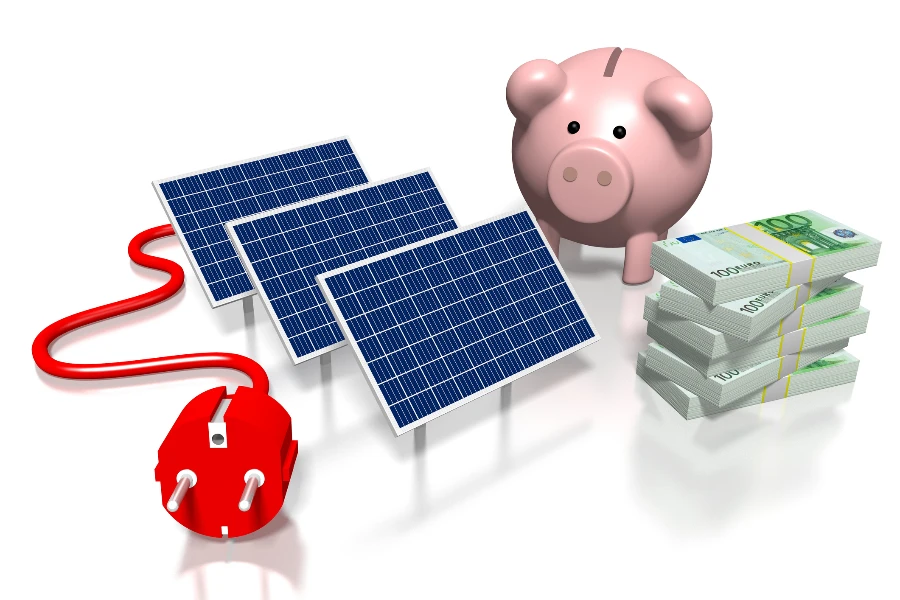
Solar panels are also a major upfront investment, and that can be a tough psychological hurdle to overcome – especially for those who would otherwise not be able to afford it. But your electricity bill could be significantly reduced over the years as you become less dependent on the grid. And solar power tends to come with government incentives, like tax credits and rebates, which are designed to lower your investment cost and make solar a bigger financial winner.
The actual ROI varies based on location, energy usage, system size, and other things. For homeowners, most analyses see a break-even period within 7-10 years. After that, a decent amount of cash can be saved for the remainder of their systems service life. The point here is that there is no one-size-fits-all ‘good’ value in buying solar panels. Before making any decision, it’s best to make a thorough analysis, considering your own energy usage and local incentives, to really know what solar panels will do for you financially.
Also, solar panels can raise property values. As studies have shown, homes that have solar energy systems sell on average higher than those without. This possible rise in home values adds another monetary benefit to the utility of solar panels, making them an excellent long-term investment for environmentally conscious property owners.
Environmental benefits of going solar
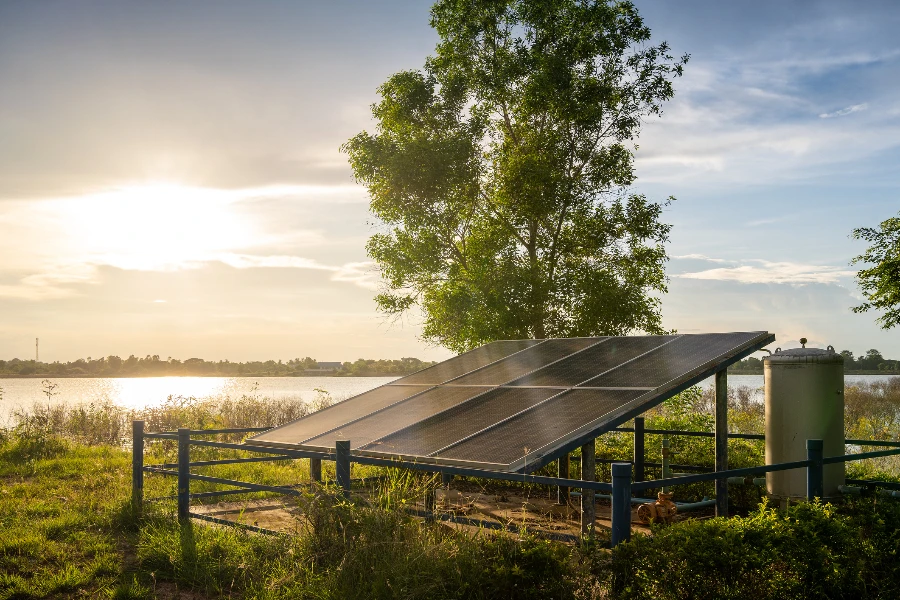
The use of solar energy is very important to heat the earth.
Solar energy is a form of energy that comes from the sun. It is a clean energy that replenishes itself and can maintain itself. Compared with the use of fossil fuel for heating, using solar energy can greatly reduce the production of carbon footprint. Solar energy does not produce greenhouse gases during its use, which is very good for our environment. If you use solar panels to generate your heating energy, you can help to reduce carbon emissions and help our global efforts to prevent climate change.
Furthermore, solar energy is renewable. Solar power comes from an almost unlimited power source, a limitless sun, ensuring its place as a reliable energy source for future generations. Most importantly, in contrast with fossil fuels, solar energy is truly renewable.
In addition to emission reduction, use of solar panels reduces mining and drilling for fossil fuels, thereby reducing habitat destruction, pollution, and other ecological harms. Replacing carbon-emitting sources of energy with renewable energy systems can have a positive impact on our environmental ethics.
The lifespan and durability of solar panels
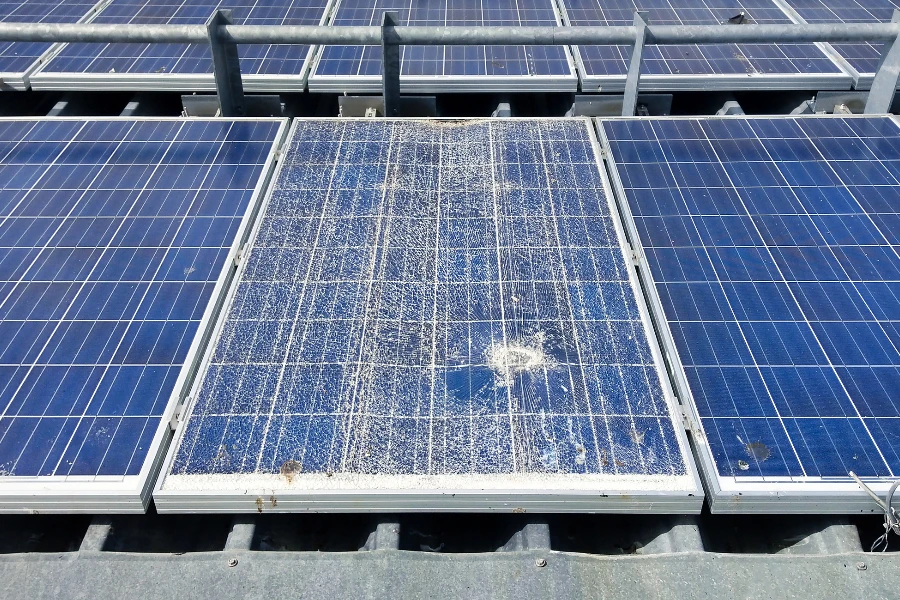
Perhaps the most appealing characteristic of solar panels is their permanence. They are warrantied for up to 25 or 30 years, and can operate at relatively stable capacity well beyond this date. In fact, they may continue to function at decreased efficiency.
The resilience of solar panels is also worth emphasising. The phenomenon of solar photovoltaic panels is that they are built to withstand severe weather conditions (ie, from heavy rain to snow and extremely high winds). Once installed, the maintenance required is minimal. Such incredible resilience is capable of generating electricity for decades which is a huge benefit for people investing in solar panels.
Although their sturdiness is a virtue, their performance will also slowly degrade over time. Overall, a degradation rate of around 0.5 per cent per year is common, which means that a panel at the end of its 25-year warranty will still work at around 87.5 per cent, or nearly 90 per cent of its original capacity. Imagining that natural degradation is a fact of life helps us set realistic expectations for the long term.
Maintenance and care for solar panels
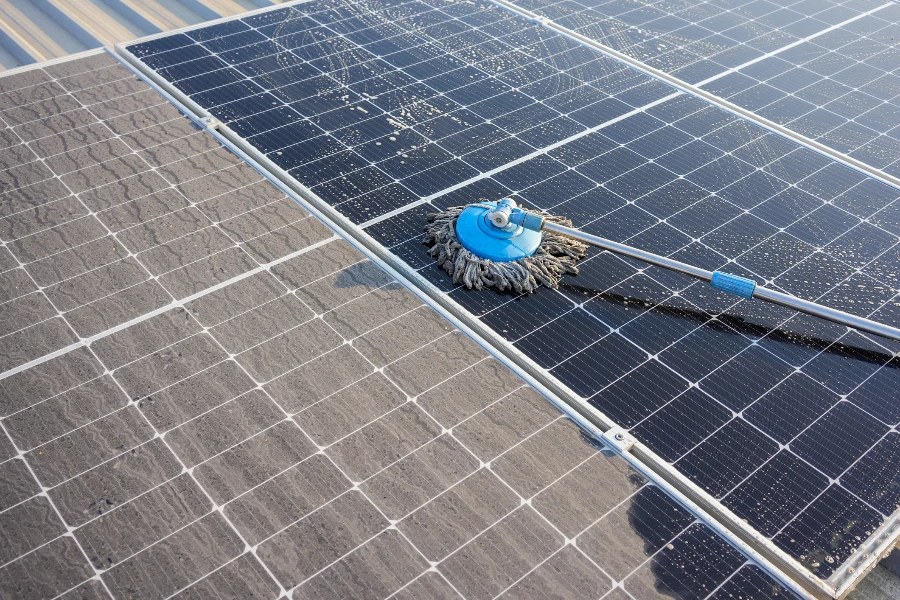
Moreover, keeping the panels clean and operational is relatively easy, and one of the factors behind their popularity. They just need a rinse with a soft cloth, a hose or a pressure washer (no detergents please) to get rid of the dust, leaves and other dirt. In regions with a significant snowfall, the panels need to be cleared from snow to keep the energy production.
To ensure optimal performance of your system, it’s advisable to have it professionally inspected every few years at minimum. This will help identify and resolve small problems and correct issues with the wiring of your panels before they get worse, and/or before damage occurs to other parts of the system, thus also extending the life of the system.
Their minimal maintenance requirement, along with their longevity makes solar panels a cost effective choice for homeowners who are looking for a zero maintenance energy system. A step-by-step care guide may be needed as infrequently as once a year.
The future of solar energy
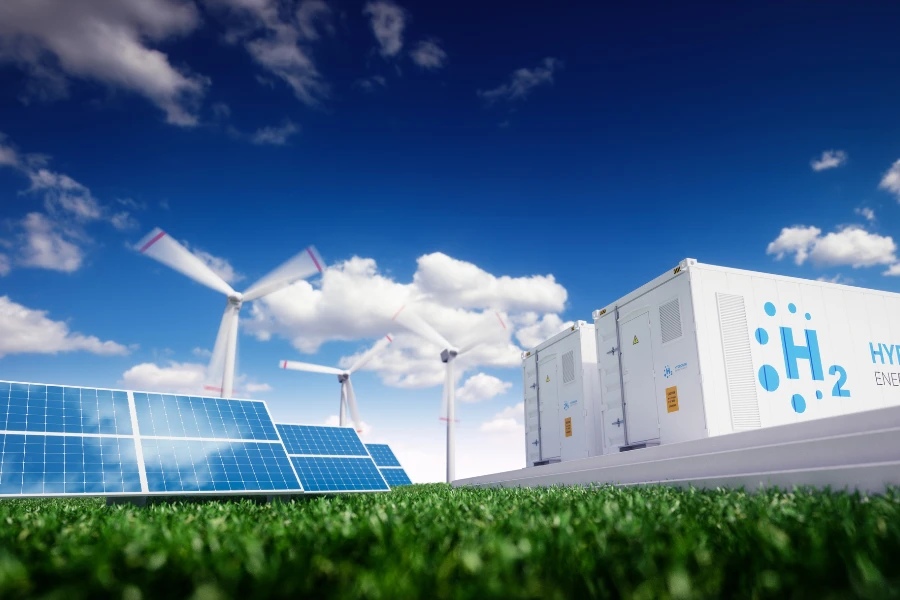
The future for solar energy is very bright. However, even though the prices for solar panels are falling and new technologies are being developed that improve the efficiency of solar panels, more and more people who own a house can afford to install solar panels on their roof. Also, there are new inventions that allow us to store electricity from solar panels and use it when the weather isn’t so sunny or during the night.
Thanks to their environmental friendliness, solar energy is going to play a crucial part of this future with many governments investing in solar energy and related policies geared towards promoting the usage of solar panels in homes to support a more sustainable human lifestyle.
Conclusion:
Getting an answer to the question ‘Are solar panels worth it?’ of course, depends on who you ask. For some, the financial costs might be the major considerations, while for others the environmental factors, such as the impact of solar panels on the environment, the lifespan of the panels and how much maintenance they require, the future, and of course, the incredible decrease in the cost of solar panels.
When we look at the long-term benefits of solar panels, such as the fact that you will be reducing your electricity bill by producing your own electricity, solar panels increase the value of your property, and you are also helping to save the planet, which is actually a big responsibility, it makes going solar an easy decision.
As the world is heading towards being more energy independent and greener, it is also an ideal time to switch to solar energy, as every little contribution counts to making this planet a better place to live in.
